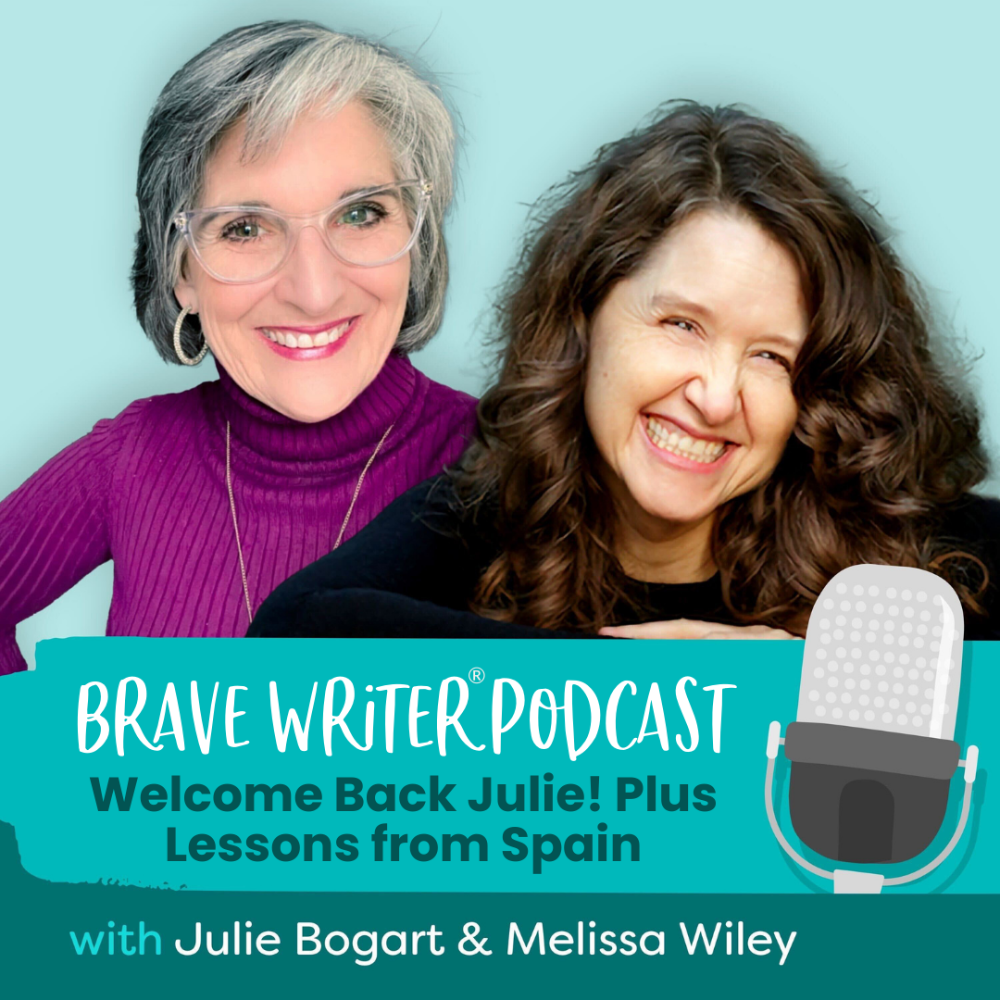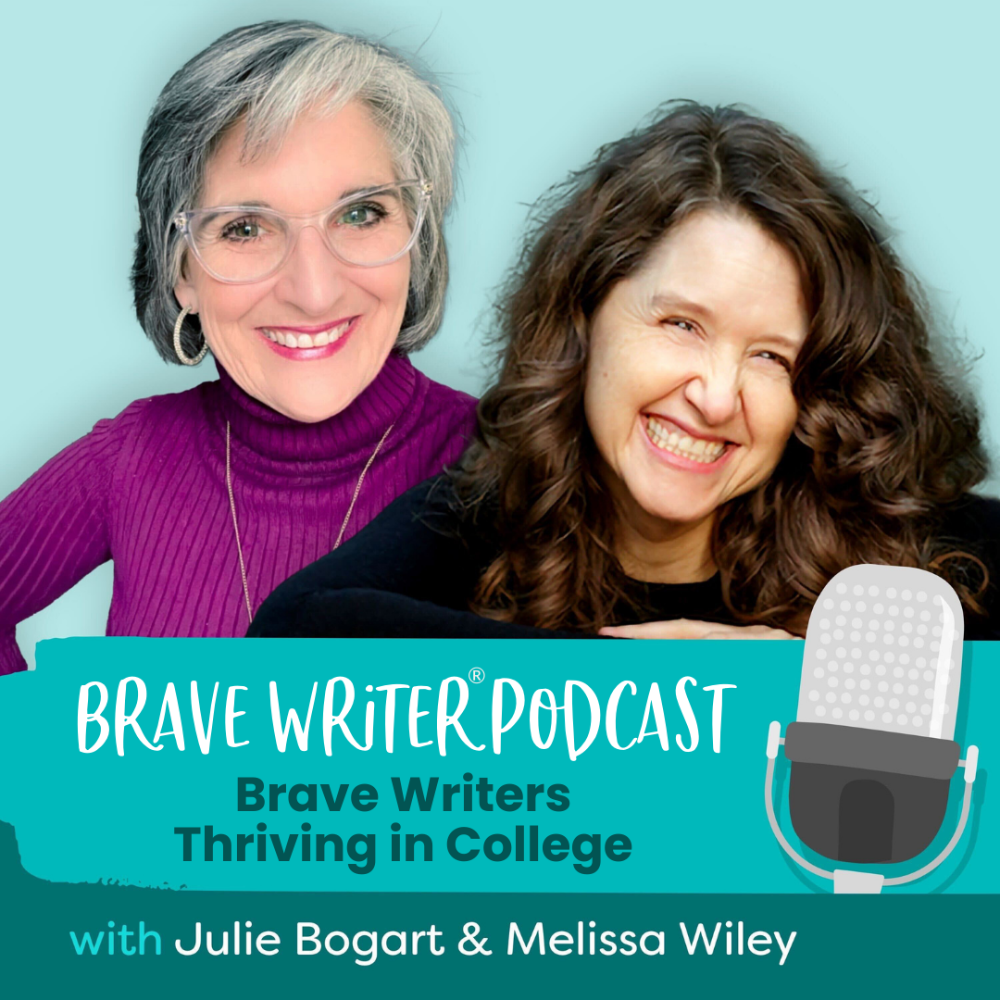
The sound of Moroccan Arabic, the smell of dried buffalo chips, the taste of sugary mint tea, the view of an open prairie—on today’s podcast we reflect on immersive learning experiences and how education becomes a part of a person for the rest of their life.
Julie is back from her trip to Europe, having spent a significant amount of her time in Spain. Always the homeschooler, she describes events on her journey that illuminated the true meaning of learning and teaching. We then discuss the joy that comes from being a lifelong learner alongside adult kids.
As the academic new year begins, fall back in love with education!
Show Notes
Adult Homeschooled Kids
The joy of homeschooling your kids, guiding them through self-empowering learning, doesn’t stop when they graduate. It continues throughout your adult relationships with them. As adults, they teach you new things and make you grow through new perspectives. You can continue to enjoy immersive learning experiences with them, no matter their age.
Immersive Learning on a Budget
Trips to Europe might be wonderful once your homeschooled kids are adults themselves, but often money is tight when they are little. Don’t worry, you can still give your young kids immersive experiences on a budget.
- Take them to cultural festivals in your city,
- teach them to soak in paintings at a museum,
- and cook different cuisines.
It might be tempting to skip experiences like these for more formal coursework. But remember: immersive experiences are what makes learning really really “stick.”
As the new academic calendar starts, we wish you all the joy and wonder that comes with learning alongside your kids.
Resources
- Learn more about the Brave Writer Literature & Mechanics Programs
- Peruse the virtual bookshelves in the Brave Writer Book Shop
- Read all the https://bravewriter.com/online-classes
- Check out the Fall Class Schedule
- Sign up for Brave Writer 101
- Sign up for our Text Message Pod Ring to get podcast updates and more!
- Send us podcast topic ideas by texting us: +1 (833) 947-3684
Connect with Julie
- Instagram: @juliebogartwriter
- Threads: @juliebogartwriter
- Twitter: @bravewriter
- Facebook: facebook.com/bravewriter
Connect with Melissa
- Website: melissawiley.com
- Substack: melissawiley.substack.com
- Instagram: @melissawileybooks
- Twitter: @melissawiley
Produced by NOVA Media
























